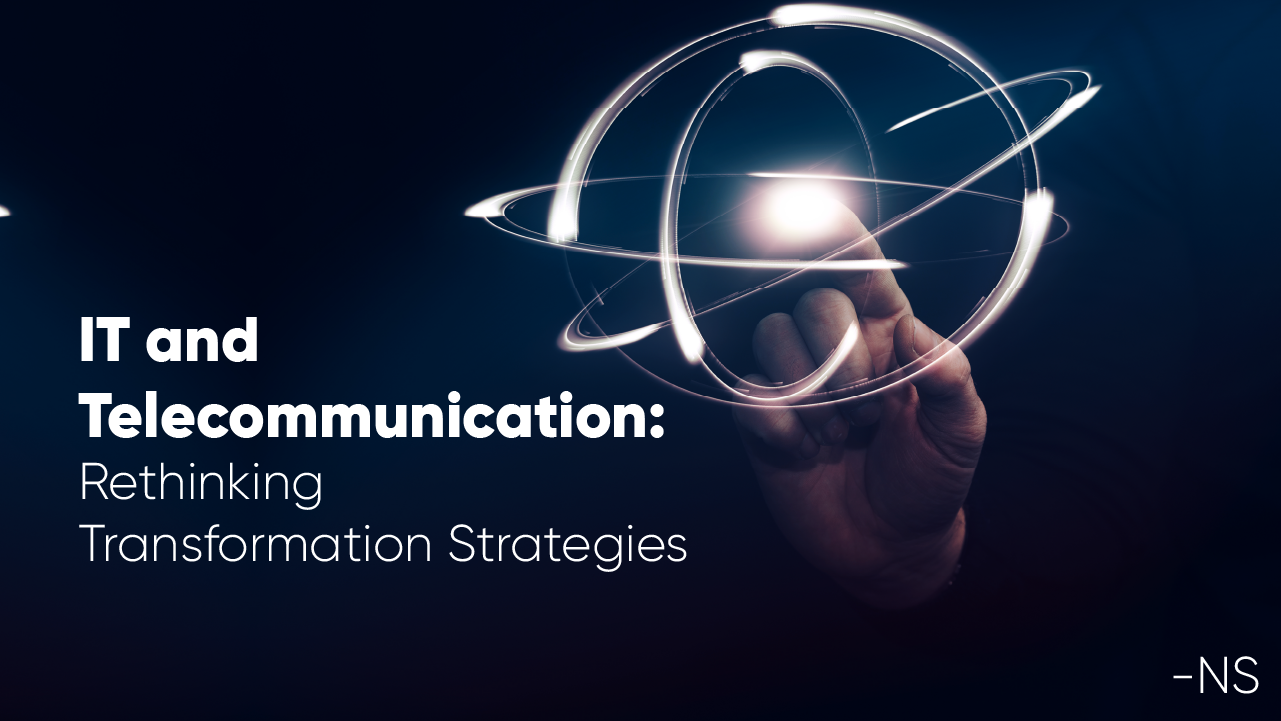In 2018, Verizon unveiled plans for a $1 billion, 150-acre, mix-use real estate development upgrade to their headquarters in Hidden Ridge, Irving Texas. Verizon acquired undeveloped ranch land to expand their base with the addition of a tech- integrated campus that contains a light-railway station, the latest communications technologies, coworking spaces, incubators, as well as high-tech housing and retail.
As a tech leader, witnessing the rapid evolution in telecommunications spearheaded by Verizon was inspiring. Their Hidden Ridge development exemplifies the cutting-edge work being undertaken in the field. This project is not just about constructing buildings; it’s about creating a live-work-play environment that is fully integrated with 5G technology. Hidden Ridge not only sets a new standard in urban development but indicates the new and innovative strategies telcos are adopting to adapt to changing technology.
However, this transformation is not without its challenges. Especially when transformation needs talent to be effective.
[Read more about digital transformation on the PTP Report]
Talent Demands of Telco’s Tech Transformation
The telco industry today is being reshaped by seven significant tech trends, all of which creates specific talent implications and demands for new skillsets:
- Expanding connectivity through 5G and beyond
- Edge computing
- Next-generation transportation
- XRAN
- Trust architecture and digital identity
- Artificial Intelligence
- Quantum technology.
But along with these challenges there are also unique opportunities here for businesses to invest in talent development, early doors. For instance, the expansion of connectivity through 5G and the advent of 6G demand professionals with deep knowledge in network infrastructure and wireless communication technologies. Similarly, edge computing requires expertise in decentralized data processing and management, highlighting the need for skills in cloud computing and IoT
The rise of next-generation transportation, including autonomous vehicles and smart infrastructure, calls for specialists in AI, machine learning, and robotics. Meanwhile, the development of xRAN (open radio access networks) is changing the landscape of network architecture, requiring a new breed of network engineers who are versed in software-defined networking.
In the realm of trust architecture and digital identity, cybersecurity professionals are more crucial than ever, tasked with protecting data integrity and privacy in an increasingly connected world. The application of artificial intelligence across various sectors demands talent that can develop, implement, and manage AI solutions, while the nascent field of quantum technology opens up new frontiers in computing, necessitating skills in quantum mechanics and information theory.
Dealing with the Telco Talent Gap
As a result of this evolving tech landscape, one of the most significant hurdles the teleco industry faces is the talent gap. As we pivot towards new technologies, finding and securing the right expertise becomes paramount. The evolving tech landscape demands a strategic approach to talent acquisition, focusing on skills in emerging technologies while gradually moving away from legacy systems.
Addressing the talent gap in the telecommunications sector, particularly with the advent of transformative technologies like 5G, requires an innovative and multifaceted approach. The tech industry stands at a crossroads, where the demand for skilled professionals in emerging technologies is at an all-time high. To bridge this gap, businesses must look beyond traditional recruitment strategies and embrace a more holistic approach to talent development and acquisition.
Continued Learning
Fostering a culture of continuous learning within our organizations is paramount. The rapid pace of technological advancement means that the skills needed today might evolve or be replaced by new requirements tomorrow.
Encouraging employees to engage in lifelong learning and providing them with the resources to do so is critical. This can include access to online courses, workshops, and seminars that focus on the latest technologies and industry trends.
Forming Academic Partnerships
Partnerships with academic institutions play a crucial role in shaping the future workforce. By collaborating with universities and technical schools, businesses can help tailor curriculum that is more aligned with the industry’s needs, ensuring that graduates are equipped with the relevant skills and knowledge. Internship and co-op programs offer a hands-on experience that is invaluable, creating a pipeline of job-ready talent upon graduation.
Meeting the Demand for Tech Talent
The demand for tech talent, particularly in roles crucial for the development and deployment of telecommunications technologies, is expected to surge, potentially outstripping the supply of STEM graduates. This is especially true for specialized fields such as electrical engineering, where the demand in telecommunications significantly surpasses that in other industries.
To address these challenges, a phased approach to talent strategy is essential. This includes identifying the talent implications of our business strategies, assessing talent gaps, defining priorities, and designing a comprehensive talent strategy. Innovative initiatives to hire, train, and retain tech talent are crucial, supported by enablers like flexible work arrangements and learning platforms. Despite recent layoffs in the broader tech sector, the shortage of tech talent persists, underscoring the need for long-term planning and diversification of talent sources. This includes tapping into nontraditional pools and exploring different geographical areas.
The urgency for strategic action in developing tech talent pipelines cannot be overstated. As we navigate through this era of rapid change, it’s clear that our ability to innovate, adapt, and thrive hinges on our commitment to nurturing the talent that will drive the future of telecommunications.
Conclusion
The pressure to transform is palpable in the telecommunications sector. Companies like Verizon are compelled to overhaul their business models, operations, and customer experiences to leverage the opportunities that 5G and other emerging technologies present. The journey from legacy systems to innovative solutions like Verizon’s Hidden Ridge is a testament to the transformative power of technology in our industry.





